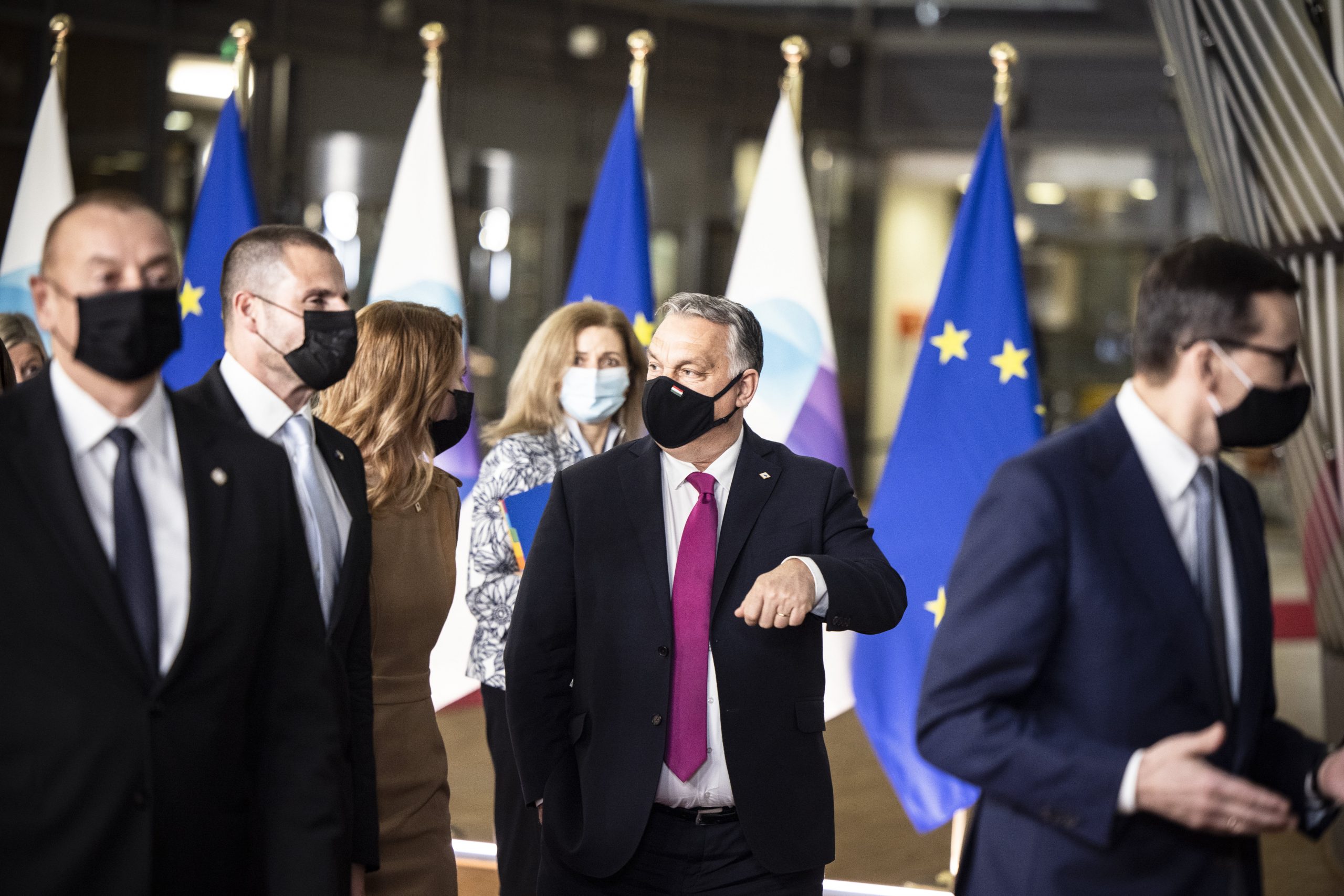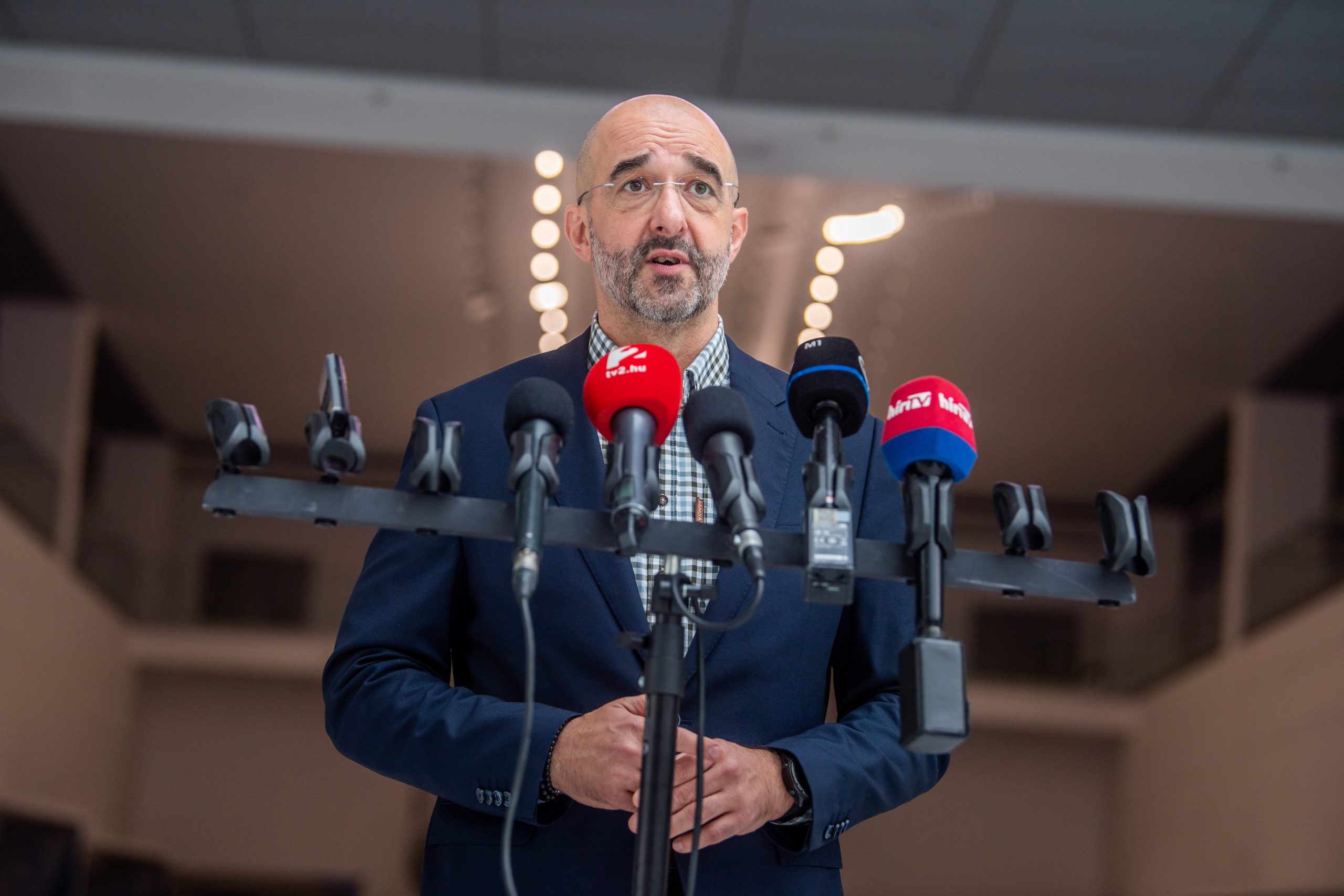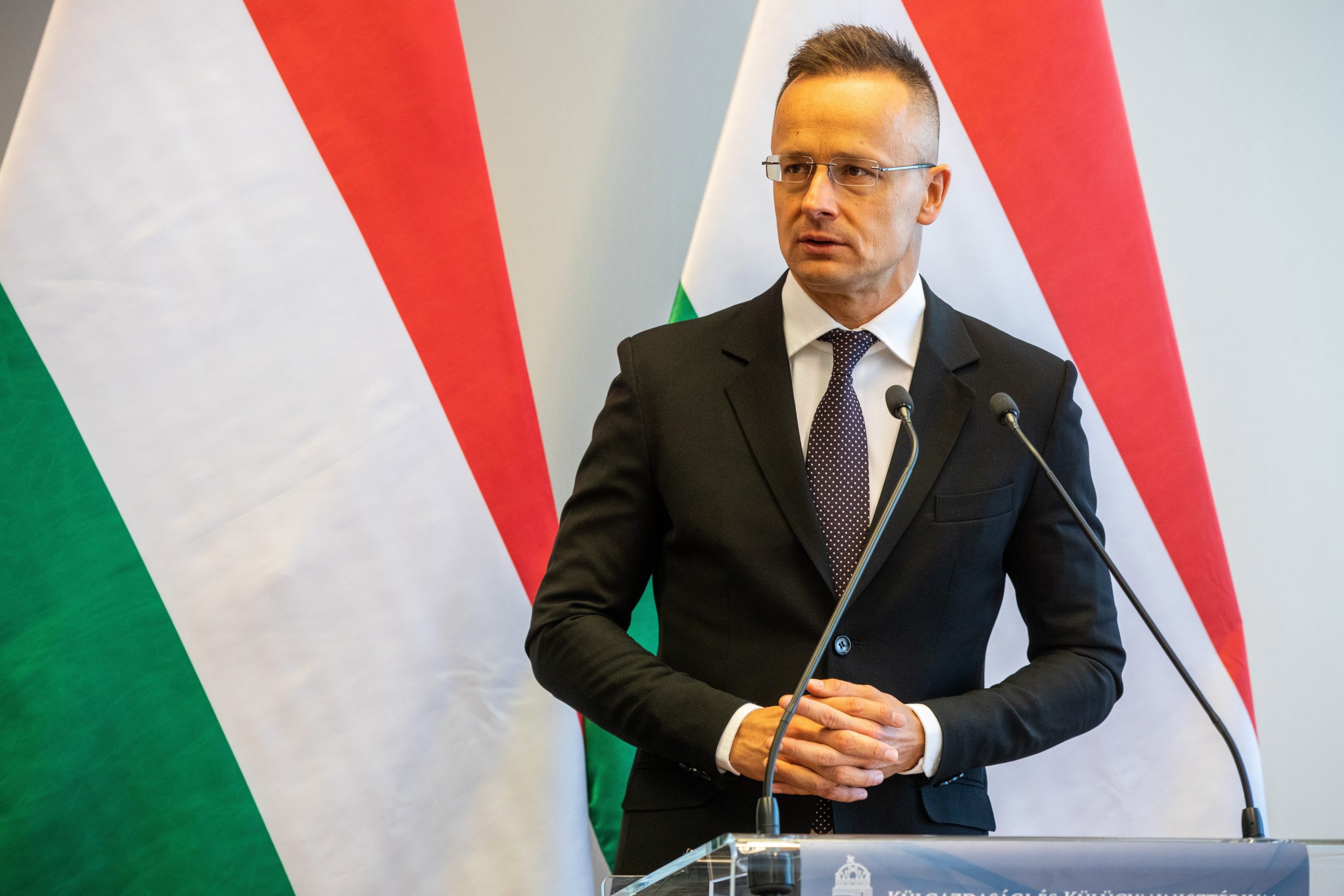
The draft sanctions include a clause stating that the embargo only applies to Russian oil arriving by tanker, while oil arriving by pipeline is exempt from the import ban.Continue reading

On Monday, after hours-long negotiations, the leaders of the 27 EU Member States reached a political agreement on the sixth round of sanctions against Russia. The package, containing an embargo on Russian oil, also includes exemptions to ease Hungary’s and some other countries’ worries about the domestic impact. Talking about the sanction package, Hungary’s state secretary for international communications and relations told CNN that Hungary has no secure physical alternative to Russian oil supplies in the foreseeable future.
According to Zoltán Kovács, this applies to all European countries that have no direct access to the sea, including Slovakia, the Czech Republic and Austria. These countries greatly rely on Russian energy as a result of their geographical position, as well as for historical reasons.
The draft sanctions include a clause stating that the embargo only applies to Russian oil arriving by tanker, while oil arriving by pipeline is exempt from the import ban.Continue reading
The State Secretary emphasized that this was not a matter of choice, but a heritage from the past thirty years. At the same time, he added that many efforts had been made in the past twelve years to reduce dependence. Still, Hungary is far from being able to develop alternative resources and pipelines to Europe or other parts of the world that cover energy demands, he said.
Regarding the agreement reached at the EU summit on Monday, Zoltán Kovács stressed that the Brussels compromise was a triumph of common sense.
The State Secretary also recalled that Foreign Minister Péter Szijjártó had held successful negotiations on long-term energy security cooperation in Croatia during the day, including the expansion of the capacity of the Adriatic oil pipeline linking Hungary with Croatia and Central Europe.
Expanding the capacity of the Adria pipeline would guarantee Hungary and Slovakia secure supplies, he said.Continue reading
In another interview to BBC, State Secretary Kovács said that Hungary was not blocking further sanctions against Russia, but any that were imposed would have to be based on common sense and the recognition that there are limits to what can be done when it comes to sanctions on energy.
He said the “golden rule” was that Europe should not impose sanctions that hurt them more than they would hurt Russia.
No one can ask Hungary to approve sanctions that would ruin its economy and Hungarian households, the State Secretary said.
Put to him that Russian oil deliveries would not have been cut off overnight and that countries would have been given time to secure alternative energy supplies, Kovács said Hungary had made it clear that such a changeover could not even have been implemented over the next four to five years, let alone by the end of this year.
“It’s the simple, harsh physical/economic reality,”
he said.
Kovács said that Hungary had also perceived considerable pressure and even blackmail from various directions, with hints for example, from Ukraine, that “something might happen to the [oil] pipelines.”
However, Hungary cannot be forced to change position dictated by its national interests through blackmail, just as Western European politicians would not compromise at the expense of their own national interests, Kovács argued.
Featured photo by Zoltán Balogh/MTI
Array
(
[1536x1536] => Array
(
[width] => 1536
[height] => 1536
[crop] =>
)
[2048x2048] => Array
(
[width] => 2048
[height] => 2048
[crop] =>
)
)